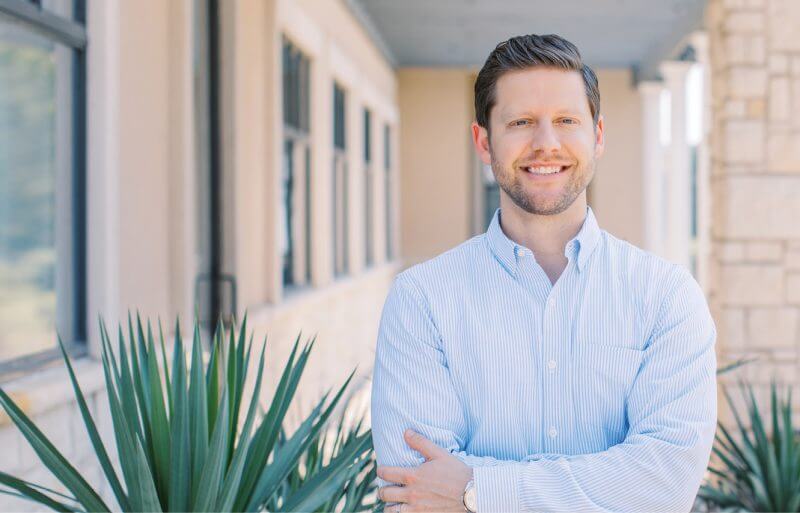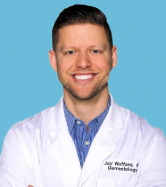Read Full Article HereBeen There, Done That
As a resident or fellow on the job hunt, you may feel a lot of pressure. Financial pressure. Peer pressure. Perhaps above all, the pressure to impress potential employers. After all, you’ve been a high achiever throughout your training, and you want to succeed here, too.
The good news: Physicians who’ve gone before you are happy to help – whether they’re a few years out of training, nearing retirement or somewhere in between. They’ve learned a thing or two since leaving residency, and they’re glad to share what they wish they’d known in your shoes. Here are seven of the lessons they learned along the way.
[1-2]…
3) Conventional wisdom isn’t always so wise
Looking back, some physicians say the conventional wisdom you hear in residency can be wrong – or at least wrong for you. There’s no harm in questioning if what everyone says is true. Doing so might open the door to a better fit.
“During training, you hear strong biases against certain practice types. Don’t let others’ views influence you. Independently evaluate each type – and each individual practice – for yourself,” says Jay Wofford, M.D., a dermatologist and dermatopathologist with U.S. Dermatology Partners in Dallas, where he is also the group’s North Texas regional president.
For example, many doctors have negative views about private equity financing. But the more Wofford learned about private equity-backed U.S. Dermatology Partners, the more he believed their way of doing things matched up with his goals. He’d be able to divide his time equally between a general dermatology practice and pathology work. It helped that the group’s lead marketer had invested significant time building relationships with physicians in Wofford’s residency. Wofford met with her, got answers to all his questions and left with a clearer picture of what the group had to offer.
In some residency programs, there’s also negative buzz about private practice. Critics point out that being employed by a larger organization lets you spend more time as a doctor without all the management details of running a practice. But if you’re curious about private practice because of the added autonomy and business benefits, you owe it to yourself to explore more. After all, many specialties are in high demand. Even if you try out a private setting and discover you don’t like it, you’ll likely be able to find employment in a health system or hospital easily.
If you want to understand what any type of organization or practice is really like, Wofford says there’s no better resource than physicians who currently work there. He urges residents to stay in touch with colleagues. “Keep in touch with residents a year or two ahead of you who have similar interests,” he suggests. “Find out how they started their search and narrowed it and get feedback from them as they start in the jobs. You can learn from their successes and mistakes.” About six months after these colleagues start work is a good time to reach out. Wofford adds, “Ask them if there’s anything they wished they’d asked during interviews.”
…[6-7]
Dr. Jay Wofford: Been There, Done That
November 19, 2021








